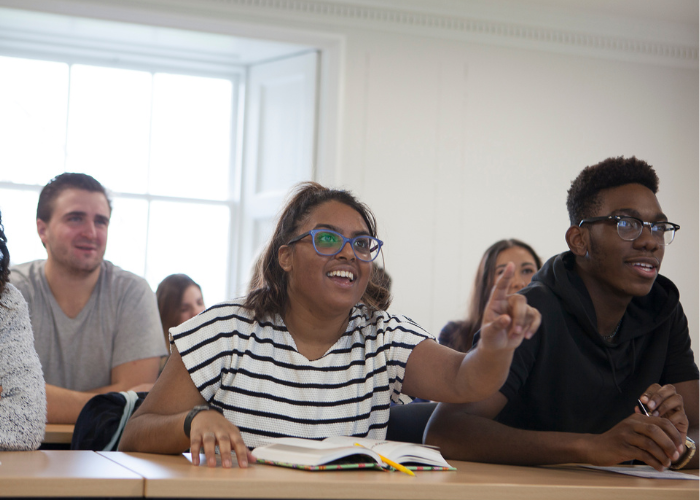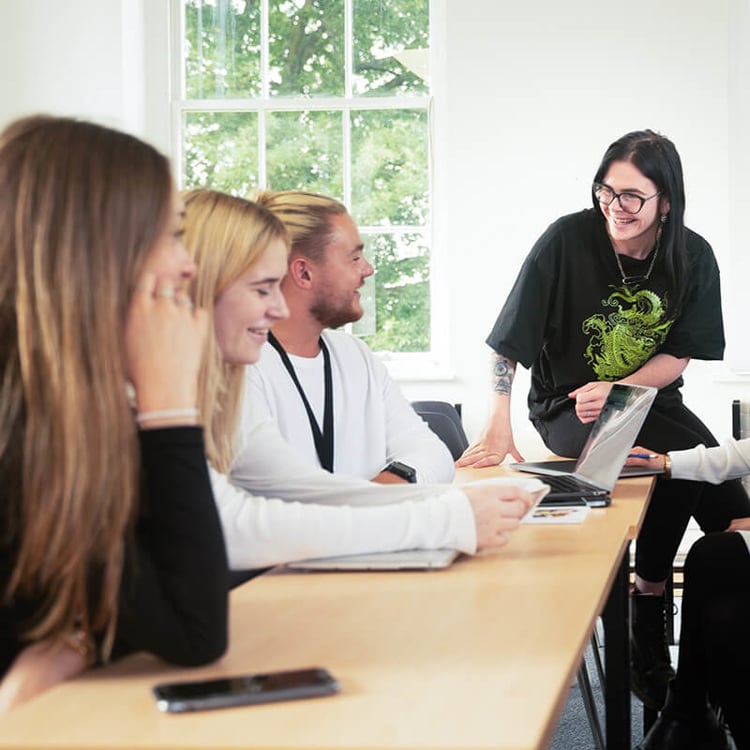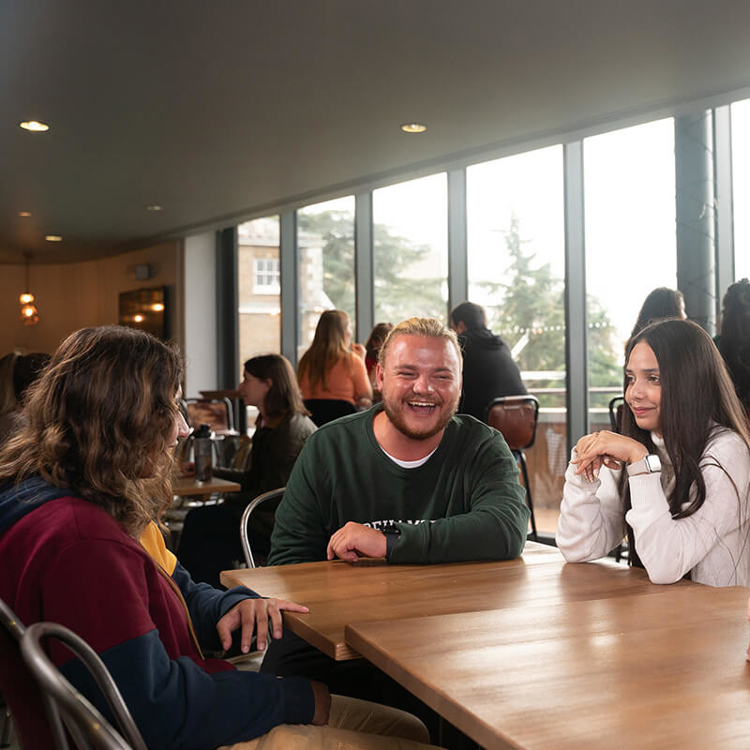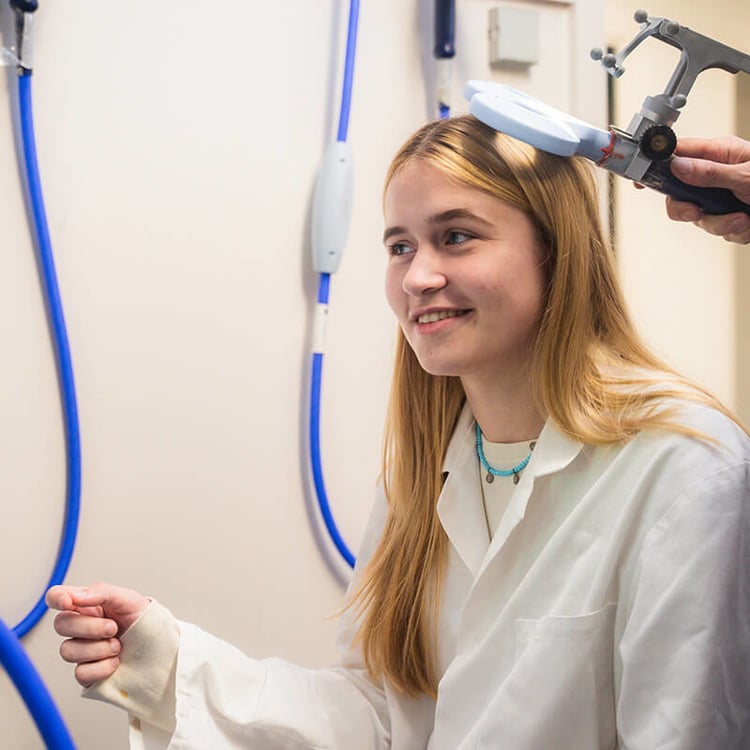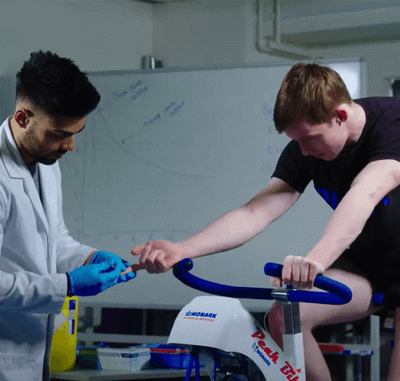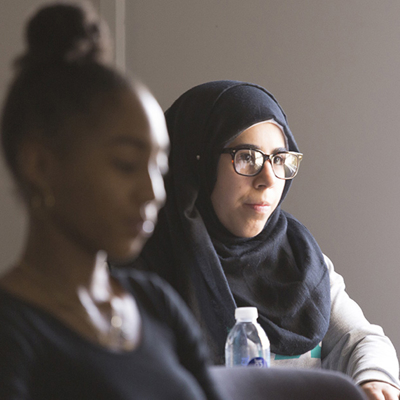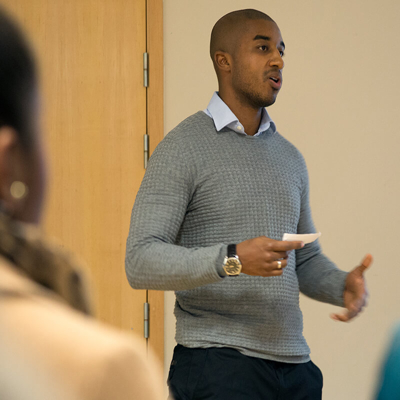/ Undergraduate /
Start date:
September 2024
You'll need:
112–120 UCAS points (or equivalent)
Foundation Year entry: 64 UCAS points (or equivalent)
UCAS Code:
MC98
MC99 (if choosing Foundation Year)
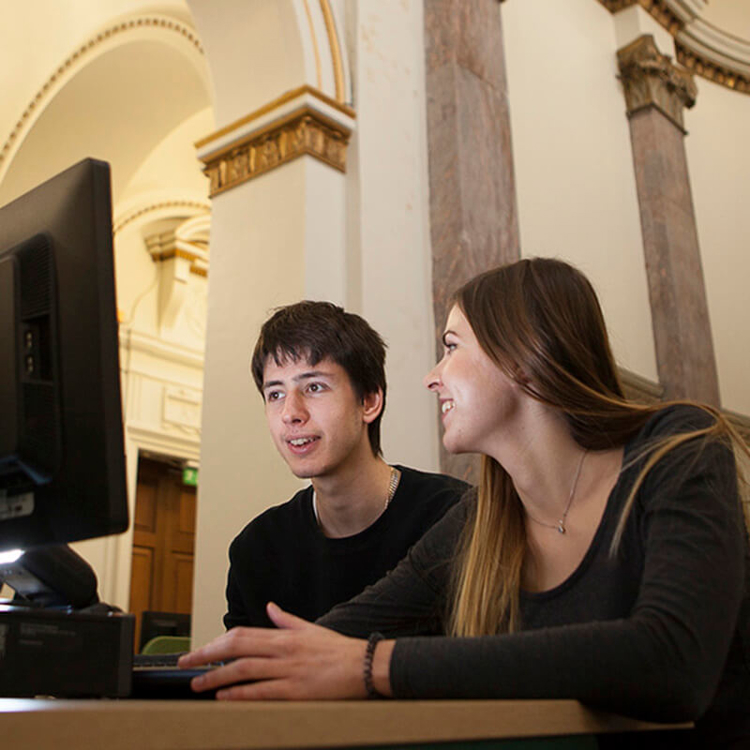
Discover how to apply psychology to the study of criminal behaviour and the criminal justice system, and get ready for an exciting future career.
Did you know?
We are accredited by the British Psychological Society.
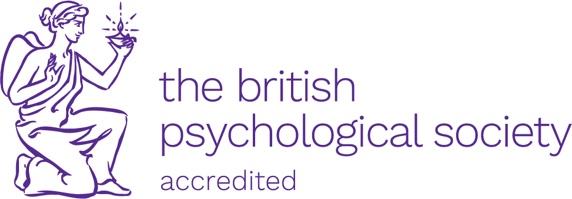
Your modules and assessments are based on real work, including criminal profiling, case studies, and criminology reports.
This course is also available with a foundation year (September entry only)
Find out more about our Foundation Year
Foundation Scholarship available (home students enrolling on degrees with foundation years)
Modules
This course offers all students the option of a one-year paid work placement, to boost your employability even further. If you choose this route, you will take the placement following year two of your course, and then return to complete your degree.
Why take a placement?
A placement year is the perfect opportunity to gain valuable work experience, to build on the career skills we will teach you on this degree. The connections you make on the placement will improve your career prospects further, and equip you with the skills you need to secure graduate-level employment.
How we support you
The University's Placement and Work Experience Team are experts at helping you to secure a placement. They will work closely with you from the start, helping you research potential employers, discover placement opportunities, create and pitch your CV, and will coach you to perform well in interviews. We aren't able to guarantee a placement, but our sector-leading advisors will give you the best possible chance of securing one.
Find out more about how we'll support you
We understand that your plans might change once you start your programme. If you decide not to do a placement, you will have the option of completing the three year version of your programme.
Whatever your choice, you will have access to many opportunities for work experience through our Placement and Work Experience Team, and access to face-to-face and 24/7 online careers support.
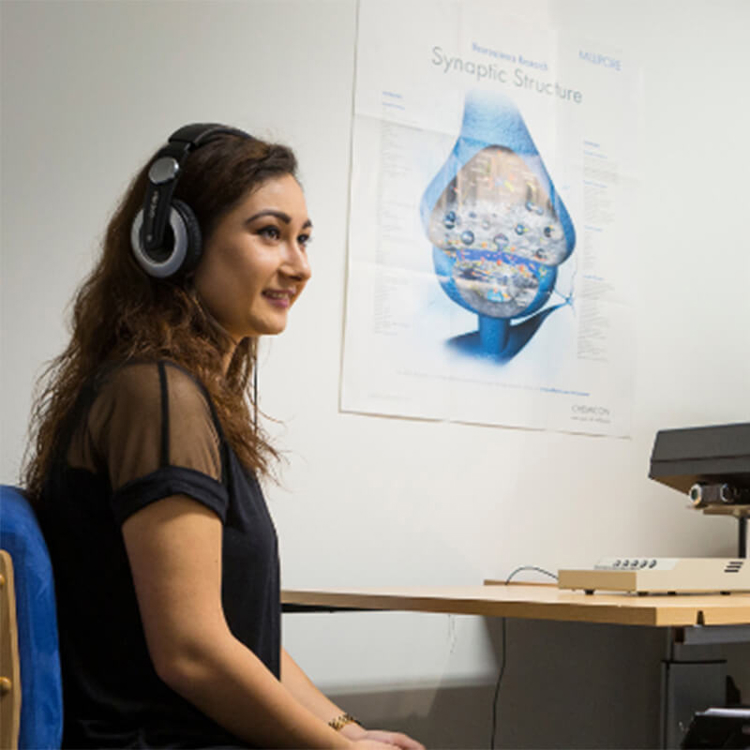
Skills
Study a degree that prepares you for a career in the criminal justice system, or for further study to become a Forensic Psychologist.
You'll develop skills in:
- Applying psychology and criminology directly to the criminal justice system, learning how the legal system works and treats offenders and victims of crime
- Neuroscience and how areas of the brain and brain damage can lead to riskier behaviour
- Research and data analysis, teamwork, communication, negotiation and presentations.
When you graduate, your understanding of the human mind, criminology and the criminal justice system will allow you to excel in a range of careers.
You’ll learn core and contemporary subjects within psychology and have the opportunity to shape your degree around your own interests and ambitions. Topics include:
- Family Criminology
- Criminal Justice and Domestic Violence
- Forensic Psychology
- Criminological Imagination.
Our degree is professionally accredited by the British Psychological Society. This means if you graduate with at least a 2:2 you’ll be eligible for Graduate Basis for Chartered Membership (GBC) of the BPS – an essential first step if you want to go on to become a Charted Psychologist. It also means our teaching is of the highest standard, and you’ll receive excellent levels of support within our School.
Learning
Get ready for your future with tailored teaching and contact time with your lecturers.
Teaching consists of a mixture of lectures and small group seminars, and at least 50% of your teaching will be in seminars, lab classes or workshops.
You’ll be learning from our enthusiastic and supportive academic tutors, who are also practitioners and involved in the latest research. They’ll teach you in our state-of-the-art psychological facilities, giving you first-hand experience using the latest equipment, including our EEGs to record brain activity, eye-tracking software, access to an fMRI, and brain stimulation therapy, including Transcranial magnetic stimulation (TMS).
We're here to help you reach your full potential as a Roehampton student, so you can go on to become a successful graduate. Some of the ways we’ll support you include:
- Academic Guidance Tutors: You will be allocated an experienced academic as your Academic Guidance Tutor. Your tutor will be on hand to help you through your studies, help you pick your modules, and provide career advice.
- Student Feedback and Consultation Hours: your lecturers have drop in office hours so you can go to them directly, arrange a video call or email to ask any questions.
- Study Skills for Psychology: weekly sessions to support all students who want to improve their academic writing, achieve better grades in their essays, overcome exam anxieties, develop further employability skills and fulfil their potential.
- Revision support: our lectures are delivered on-campus with recordings and further materials made available online to support your revision.
- RoeBuddies: all first year students are connected to a second or third year student mentor who offers advice and support. This scheme also means you’ll have the opportunity to be a mentor after your first year – a valuable skill to highlight on your CV.
- Study skills support: as studying in higher education is different from school and college, our team of Academic Achievement Advisers are here to help and support you in developing the skills to become a successful graduate.
- Welcoming community: when you join Roehampton’s School of Psychology, you’ll become a part of a supportive community of students and academics. Why not join the Roehampton Psychology Society to connect with your peers and join in with different events, talks, debates and socials?

Dr Kaz Brandt
Hi, I'm Kaz and I specialise in Cognitive Neuropsychology and have been working at Roehampton since 2009. My research focuses on memory and learning in both healthy adults and those with selective brain lesions. I completed my MSc in Psychology at the University of St. Andrews and PhD at the University of Bristol. Following an ESRC post-doctoral position at the University of Sussex and a Leverhulme postdoctoral position at the University of Lancaster, I moved to a lectureship position at the University of Keele and then to my current position at the University of Roehampton.
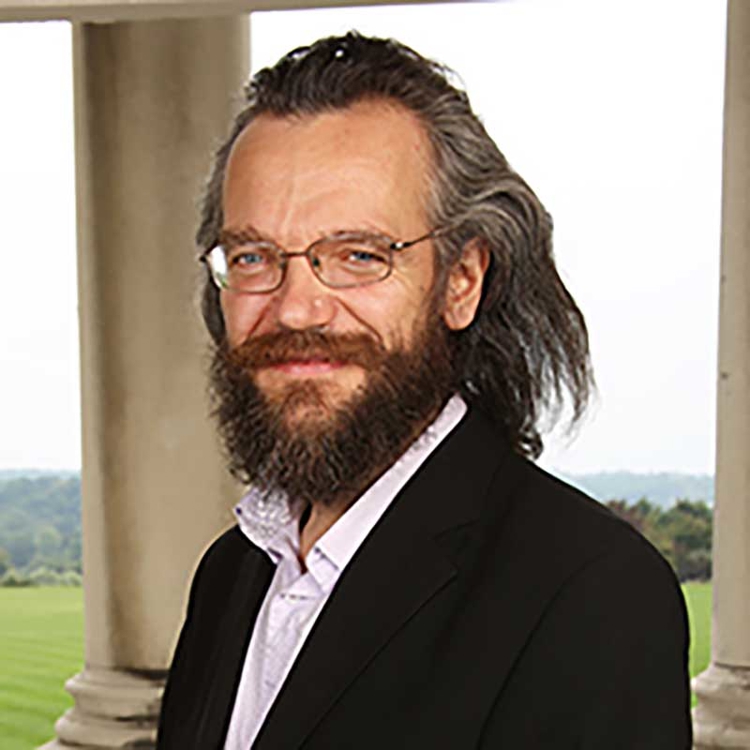
Dr Paul Dickerson
I’m Paul Dickerson, I’m a Principal Teaching Fellow and I started at Roehampton way back in 1991! Even though I have been at the University for nearly 30 years each year still feels fresh. I teach across multiple modules and programmes with a particular interest in qualitative research and social psychology and I want to enthuse everyone about this amazing subject. I love sharing my passion for psychology in all of my teaching and writing and – but don’t tell anyone – I do sometimes share a song I have written for the students that I teach. I have a particular interest in helping you to reach your full potential and I run weekly lunchtime sessions to help with this – use this link https://study.sagepub.com/psychologybrilliantessays to find out about the sorts of things covered. I hope that I will have the opportunity to help you enjoy this wonderful subject as much as I have.
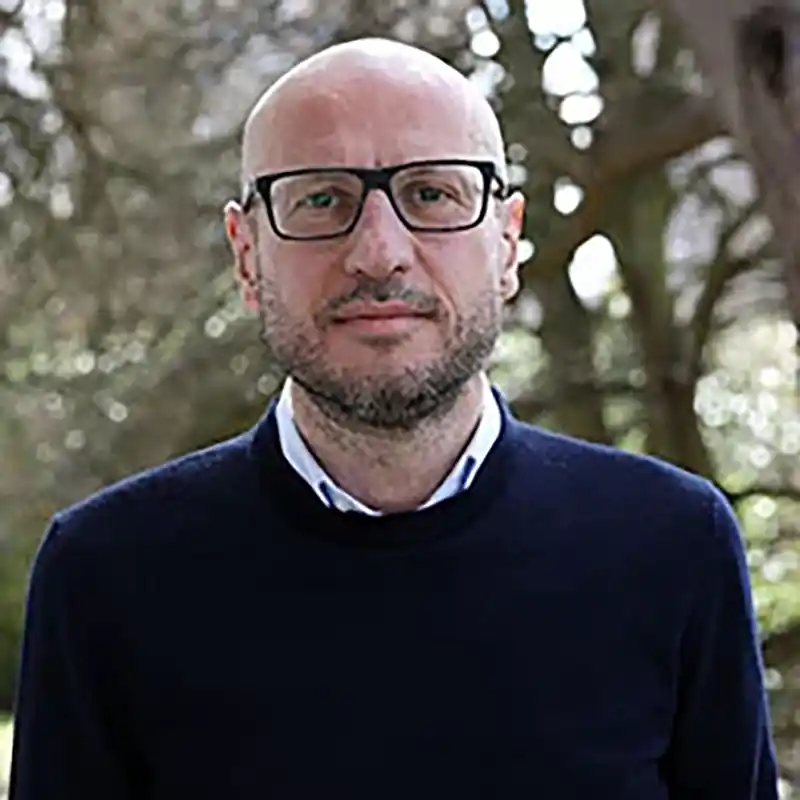
Dr Marco Sandrini
Hi, I am Marco! I have been at Roehampton since 2015. I graduated in Experimental Psychology at the University of Padua (Italy). I then obtained a PhD in Neuroscience at the University of Verona (Italy) and undertook a two-year post-doctoral fellowship at the Centre for Mind/Brain Sciences (University of Trento, Italy) and spent five-years as a research fellow at the National Institutes of Health (USA), the largest biomedical research agency in the world.
The focus of my research is interventions to enhance memory in aging and reduce the frequency of intrusive memories of trauma using the combination of neuroimaging and non-invasive brain stimulation.
I am primarily involved in the teaching of research methods and statistics and cognitive neuroscience. I am the module convenor for the second year undergraduate module “Psychological Research: Design, Analysis and Impact” and “Use of Cognitive Neuroscience Techniques” for the master in Applied Cognitive Neuroscience
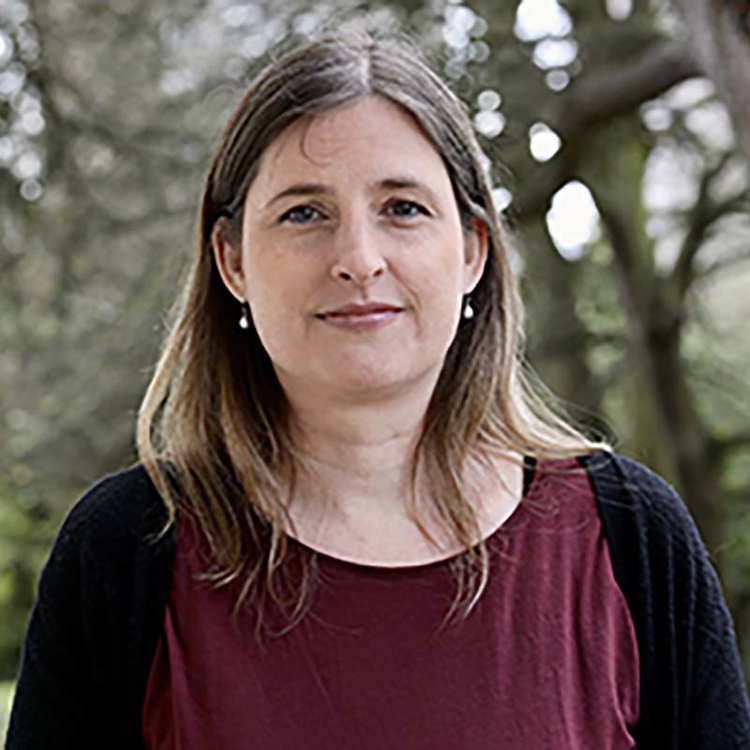
Dr Maria Gudbrandsen
Maria has a BSc in Psychology from the University of Roehampton, as well as MSc in Psychiatric Research, and a PhD in Clinical Neuroscience from the Institute of Psychiatry, Psychology and Neuroscience (KCL).
Maria is Head of Year 1 for BSc Psychology, and teach across all the BSc Psychology programmes in topics of developmental psychology, neurodevelopmental disorders, and some educational and clinical psychology. She also contributes to to the MSc Applied Cognitive Neuroscience, with a specialty in structural MRI and analysis.
Maria is also conducting her own research at the university, primarily in 22q11.2 deletions syndrome, autism and mental health.
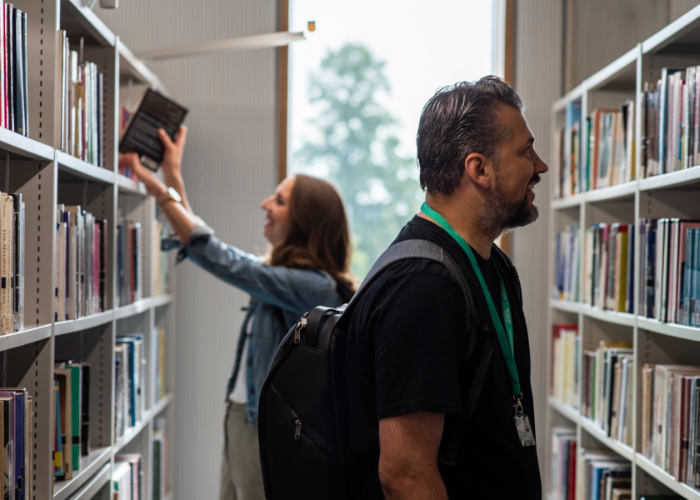
Assessment
Apply psychological and criminological theories to real-life cases and further increase your professional skills.
You’ll spend time criminal profiling, writing case study reports, and discussing and debating criminal justice responses to build confidence in applying your own knowledge and judgement.
Between Years 2 and 3, you can also opt for a professional placement year, meaning you have the opportunity to apply for a placement and gain valuable real-world experience.
Career
With our BPS accreditation and focus on applying psychology directly to the criminal justice system, you’ll graduate ready to achieve your ambitions.
Your future role could be:
- Forensic psychologist
- Probation officer
- Assistant psychologist
- Forensic scientist
- Criminological researcher
You could also work in the charity sector, for mental health services, in an educational setting or in a range of business roles.
Our graduates have gone on to study our BPS accredited MSc Forensic Psychology.

Open days
Get a real taste of our campus, community and what it’s like to study at Roehampton
Applying
Full-time UK undergraduate students apply through UCAS.
Entry tariff
112–120 UCAS points (or equivalent)
Foundation Year entry: 64 UCAS points (or equivalent)
We welcome applications from students studying T Levels.
For all courses we also accept a wide range of other qualifications and experience. Contact us to find out more.
When we consider applications to study with us, we form a complete view of your achievements to date, and future potential, and can offer flexibility in entry requirements. Find out more about our Contextual Offer scheme.
Specific entry requirements
GSCE requirement: Maths at grade C/4.
General entry requirements
September 2024 entry tuition fees
Year one fees
UK: £9,250
Placement year: £998
We offer a wide range of scholarships and bursaries. See our 2024 financial support pages for UK students.
We also provide other ways to support the cost of living, including free buses and on-campus car parking, hardship support and some of the most affordable student accommodation and catering in London. Find out more about how we can support you.
International undergraduate students apply through our direct application system.
We welcome applications from students studying T Levels.
For all courses we also accept a wide range of other qualifications and experience. Contact us to find out more.
When we consider applications to study with us, we form a complete view of your achievements to date, and future potential, and can offer flexibility in entry requirements. Find out more about our Contextual Offer scheme.
Specific entry requirements
GSCE requirement: Maths at grade C/4 (or equivalent).
General entry requirements
September 2024 entry tuition fees
Year one fees
EU and International: £15,750
Placement year: £998
We offer a wide range of scholarships and bursaries. See our 2024 financial support pages for international students.
We also provide other ways to support the cost of living, including free buses and on-campus car parking, hardship support and some of the most affordable student accommodation and catering in London. Find out more about how we can support you.


